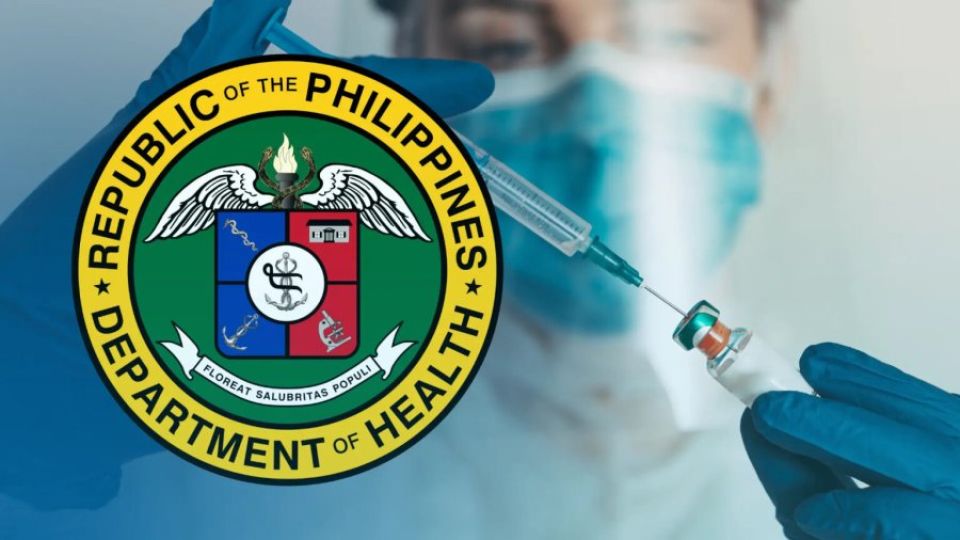September 18, 2024
MANILA – Students who missed one or two vaccines during the COVID-19 pandemic will have a chance to complete their jabs when the Department of Health (DOH) launches “Bakuna Eskwela,” its monthlong nationwide school-based immunization program starting on Oct. 7.
Health Secretary Teodoro Herbosa, in a news briefing in Malacañang on Tuesday, said the program, aimed at improving the country’s coverage vs vaccine-preventable diseases, would offer free of charge jabs for measles and rubella, tetanus and diphtheria and cervical cancer.
“Every Friday for the month of October, school children can get vaccinated in all DepEd (Department of Education) schools,” Herbosa said.
READ: DOH cautions public vs illegal mpox vaccines
But students from private schools would also be accommodated, he added.
Under the program, which will be launched on Oct. 7 at Dr. Alejandro Albert Elementary School in Manila, Grades 1 and 7 pupils may avail themselves of measles, rubella, tetanus and diphtheria vaccines. Grade 4 female students can also get vaccinated to prevent cervical cancer.
Not mandatory
Participation, however, is not mandatory as students must get the consent of their parents.
President Marcos, on his official social media accounts, said that he ordered government agencies to “expedite school-based immunization programs to ensure that our children are protected against preventable diseases.”
Herbosa said the government was targeting at least 2 million children every year to raise the country’s immunization rate of 71 percent to at least 95 percent.
The program, he added, received a budget of P7.9 billion for the purchase of vaccines, to pay for the allowances of health-care workers administering the jabs, as well as publicity expenses.
Herbosa said this was higher than the previous allocation of P6.4 billion for the procurement of vaccines for school children.


